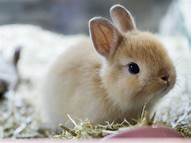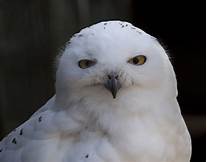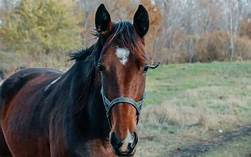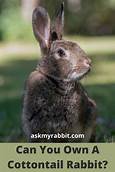Are Micro Pigs Good Pets?
Micro pigs, also known as teacup pigs, are a popular choice for pet owners who are looking for a small, intelligent, and affectionate animal. But are they really good pets? To answer this question, we need to take a closer look at the unique characteristics and needs of micro pigs.
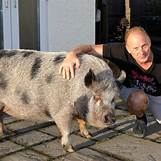
Size and Appearance
Micro pigs are typically smaller than traditional pigs, but they can still grow to be quite large. Fully-grown micro pigs can weigh anywhere from 20 to 120 pounds, and they can stand up to 2 feet tall at the shoulder. Their lifespan is typically between 10 and 15 years.
Micro pigs have a short, dense coat that can be any color. They also have long, floppy ears and a small, snout-like nose. Their hooves are cloven, which means that they are split into two parts.
Temperament and Behavior
Micro pigs are generally friendly and sociable animals. They are intelligent and can be trained to do tricks, just like dogs. They are also very affectionate and love to cuddle with their owners.
However, micro pigs can also be stubborn and headstrong. They can be difficult to train, and they may try to dominate their owners. It is important to set boundaries and rules for your micro pig early on, and to be consistent with your training.
Diet and Nutrition
Micro pigs are omnivores, which means that they eat both plants and animals. Their diet should consist of a variety of fresh fruits, vegetables, and grains. They can also eat lean protein, such as cooked chicken or fish. It is important to limit your micro pig's intake of processed foods and sugary treats.
Micro pigs need a constant supply of fresh water. They also need a mineral block to help them maintain healthy bones and teeth.
Exercise and Housing
Micro pigs need regular exercise to stay healthy and happy. They should be taken for walks on a leash every day, and they should have access to a safe outdoor area where they can run and play.
Micro pigs can be kept indoors or outdoors. If you keep your micro pig indoors, you will need to provide them with a large, comfortable space where they can sleep, eat, and play. You will also need to litter-train your micro pig.
If you keep your micro pig outdoors, you will need to build them a secure pen that is protected from the elements. The pen should be large enough for your micro pig to move around comfortably, and it should have a shady area where they can rest.
Potential Health Problems
Micro pigs are generally healthy animals, but they can be prone to certain health problems, such as:
- Obesity
- Diabetes
- Heart disease
- Arthritis
- Respiratory problems
- Skin problems
Regular veterinary care is important for preventing and treating health problems in micro pigs.
Conclusion
Micro pigs can be good pets for people who are looking for a small, intelligent, and affectionate animal. However, it is important to do your research before you decide to get a micro pig. You need to be prepared to provide your micro pig with the proper care and attention that they need to stay healthy and happy.
Declaration: All article resources on this website, unless otherwise specified or labeled, are collected from online resources. If the content on this website infringes on the legitimate rights and interests of the original author, you can contact this website to delete it.

